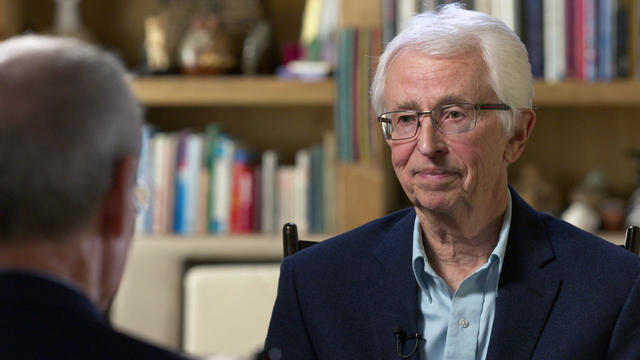
Element of Truth
It may mostly be propaganda when North Korea boasts about its nuclear capabilities, but one American says to be careful not to underestimate the country's power
Watch CBS News

David Martin has been CBS News' national security correspondent, covering the Pentagon and the State Department, since 1993. In that capacity, he has reported virtually every major defense, intelligence and international affairs story for the "CBS Evening News," as well as for other broadcasts, including "60 Minutes" and "48 Hours." He also contributed to "60 Minutes Wednesday."
During the invasion of Afghanistan and the war in Iraq, Martin's in-depth knowledge of how the State Department, intelligence community and military operate, both on the battlefield and in Washington positioned him as the "big picture" reporter for CBS News. Utilizing his own sources and reports from CBS News correspondents in the region and around the world, as well as in Washington, he explained and assessed the military's strategies and operations for viewers.
Martin broke several significant stories before and during the Iraq war. He was the first to report on the opening night of the war, that the U.S. was launching a strike on a palace bunker in southern Baghdad in an attempt to take out Saddam Hussein. Martin also broke the story of the military's "shock and awe" strategy for its initial strike on Baghdad. During a trip to Iraq in May 2003, he was the first journalist to visit and report on Dora Farms, where Saddam was said by the CIA to have been hiding on the opening night of the war.
Martin has received several Emmys, most recently in 2012 for his story "Starting Over." He has also received two Alfred I. duPont-Columbia University Awards (2002 and 2004) for his body of work, most of which has appeared on the "CBS Evening News" and "60 Minutes Wednesday."
Regarding the first Alfred I. DuPont-Columbia University Award, the award committee said that his "consistently excellent reporting on the beat of national security hit its peak this year....break[ing] news on a wide range of defense and security stories with details that only experience and doggedness can ferret out. This is exemplary reporting that repeatedly breaks through the barriers of official statements."
In awarding the second DuPont, the committee said, "David Martin's reports on the Pentagon, the military build-up to the Iraq war and on the war itself demonstrate his exceptional grasp of national security issues. Teamed with his long-time producer, Mary Walsh, Martin consistently breaks new information with clear reporting on the Pentagon's goals. He exemplifies the role of a journalist: to measure what we are being told against what we find out."
Martin also received the 2004 Joan S. Barone Award for excellence in Washington-based national affairs and public policy reporting awarded by the Washington Radio & Television Correspondents' Association.
He joined CBS News as its Pentagon correspondent in 1983. Martin's duties later expanded to include the State Department and intelligence beats.
Before that, he covered defense and intelligence matters for Newsweek magazine from its Washington bureau (1977-83). Martin was a reporter with the Associated Press in Washington (1973-77), covering the FBI and CIA. He also was a member of the AP special assignment team (1977).
Martin began his journalism career as a researcher for CBS News in New York in 1969. He then became a news writer with the AP broadcast wire (1971-72) and a fellow at the Washington Journalism Center (1973).
Martin is the author of two books, "Wilderness of Mirrors" (Harper & Row, 1980), an account of the secret wars between the CIA and KGB, and "Best Laid Plans: The Inside Story of America's War Against Terrorism" (Harper & Row, 1988).
He was born July 28, 1943, in Washington, D.C. He graduated from Yale University in 1965 with a bachelor's degree in English. During the Vietnam War, Martin served as an officer aboard a U.S. Navy destroyer.
Martin and his wife, Dr. Elinor Martin, live in Chevy Chase, Maryland. They have four children.

It may mostly be propaganda when North Korea boasts about its nuclear capabilities, but one American says to be careful not to underestimate the country's power
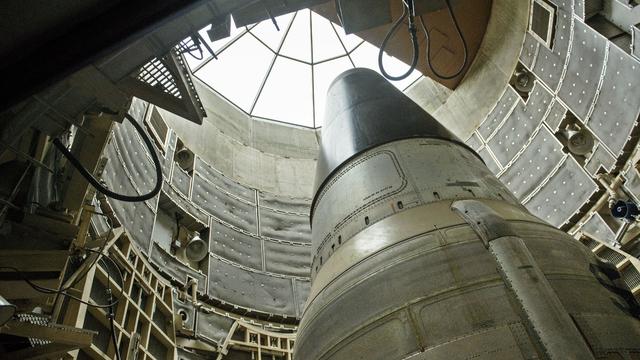
American policy has long been to use nuclear weapons only in extreme circumstances, such as a nuclear attack against the U.S.
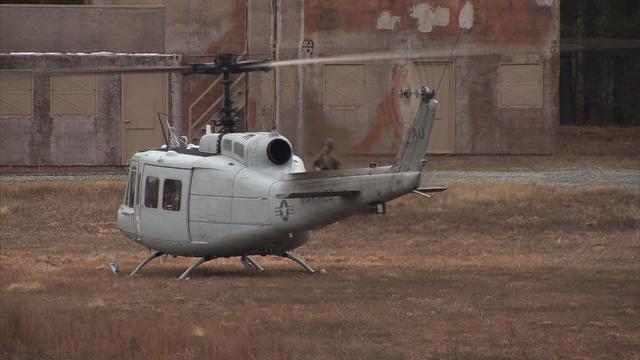
Technology that lets Marines pilot helicopters using a remote control could help fellow service members in the field

According to initial reports, the plane suffered a rare twin-engine failure 575 miles south of Okinawa, near the end of a routine run out to the carrier Ronald Reagan
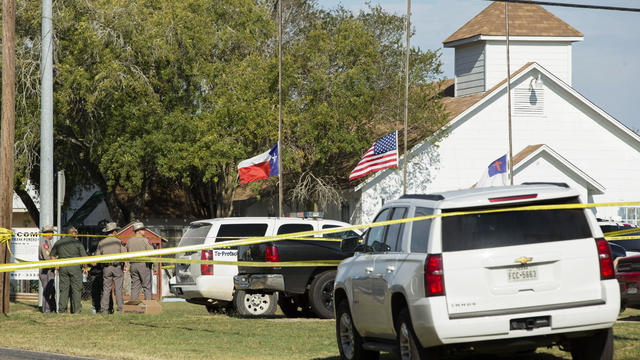
Air Force admits that its Office of Special Investigations apparently failed to report gunman's name to FBI database
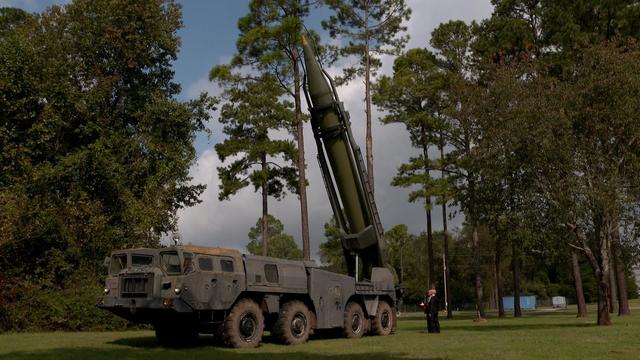
North Korea is on the verge of having an ICBM capable of hitting the U.S. homeland. 60 Minutes goes inside the intelligence center at the heart of the United States' defense

"It wasn't what we were doing," Rose said. "It was where we were doing it is really why it was classified."
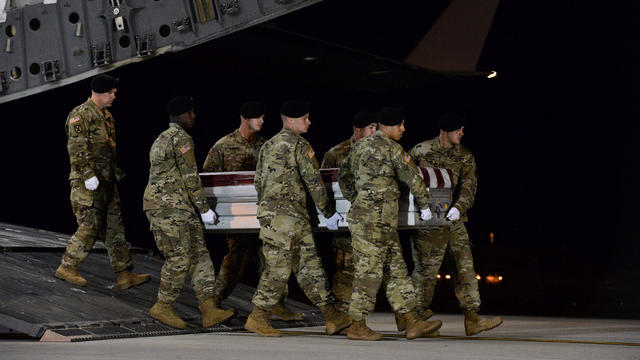
Sgt. La David Johnson's body was found nearly a mile away from the ambush site
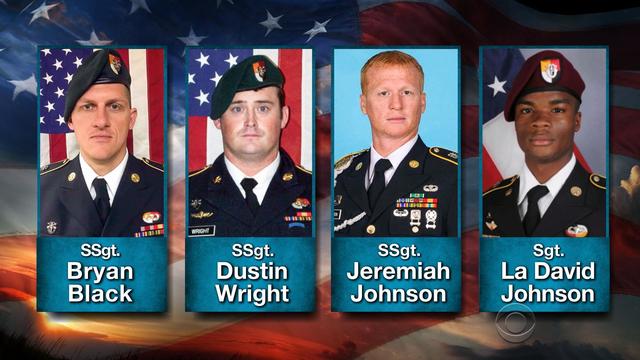
Exact details of the Niger ambush have been slow to emerge, including the military's immediate response
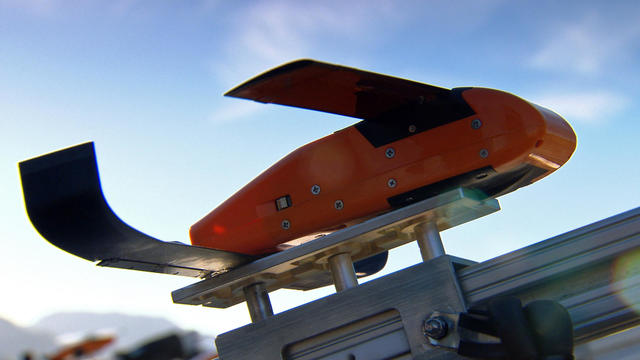
Autonomous drones are being called the biggest thing in military technology since the nuclear bomb. David Martin reports.
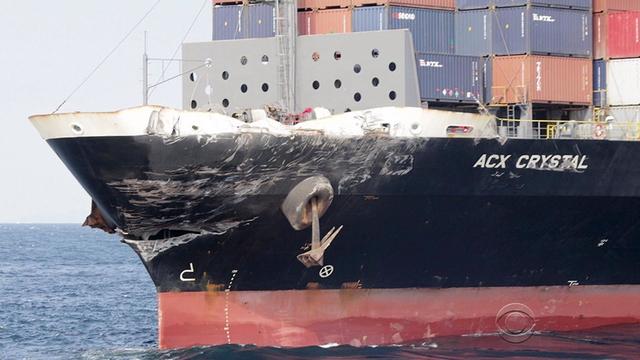
Navy's harrowing recreation of those terror-filled seconds was put together to answer the one question all the families of the dead had: Did they suffer?
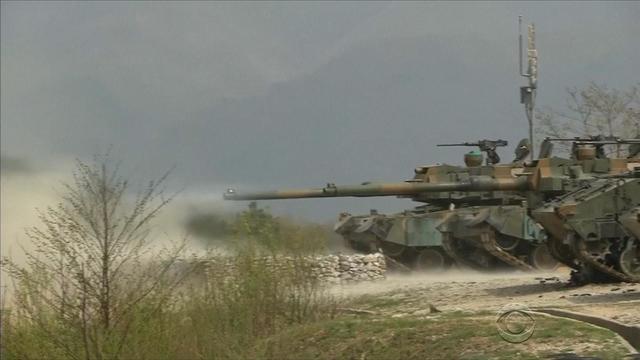
When it comes to North Korea, American forces in Asia have spent years being ready to respond to an attack in minutes
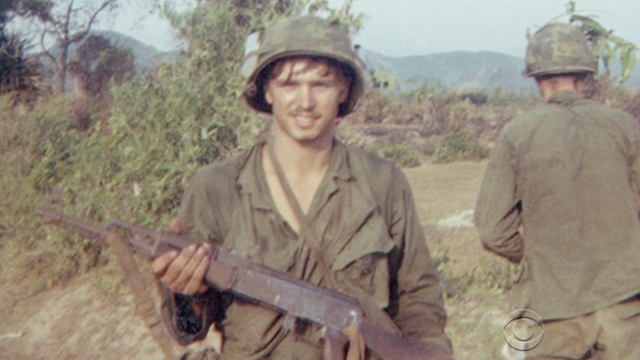
"It's going to feel good that the 89 men that were sent into that slaughter are finally going to be recognized," James McCloughan says
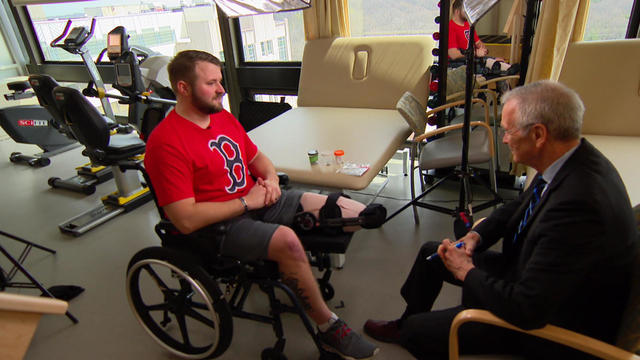
Dr. Matthew Carty amputated Brandon Korona's leg using a new procedure that could reinvent the science of amputations
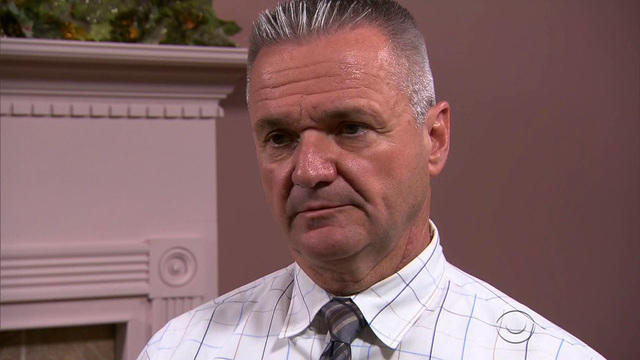
Bill Zwicharowski is being investigated for offering to show Pentagon officials Glenn's remains